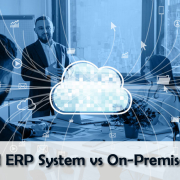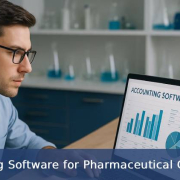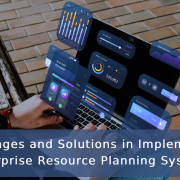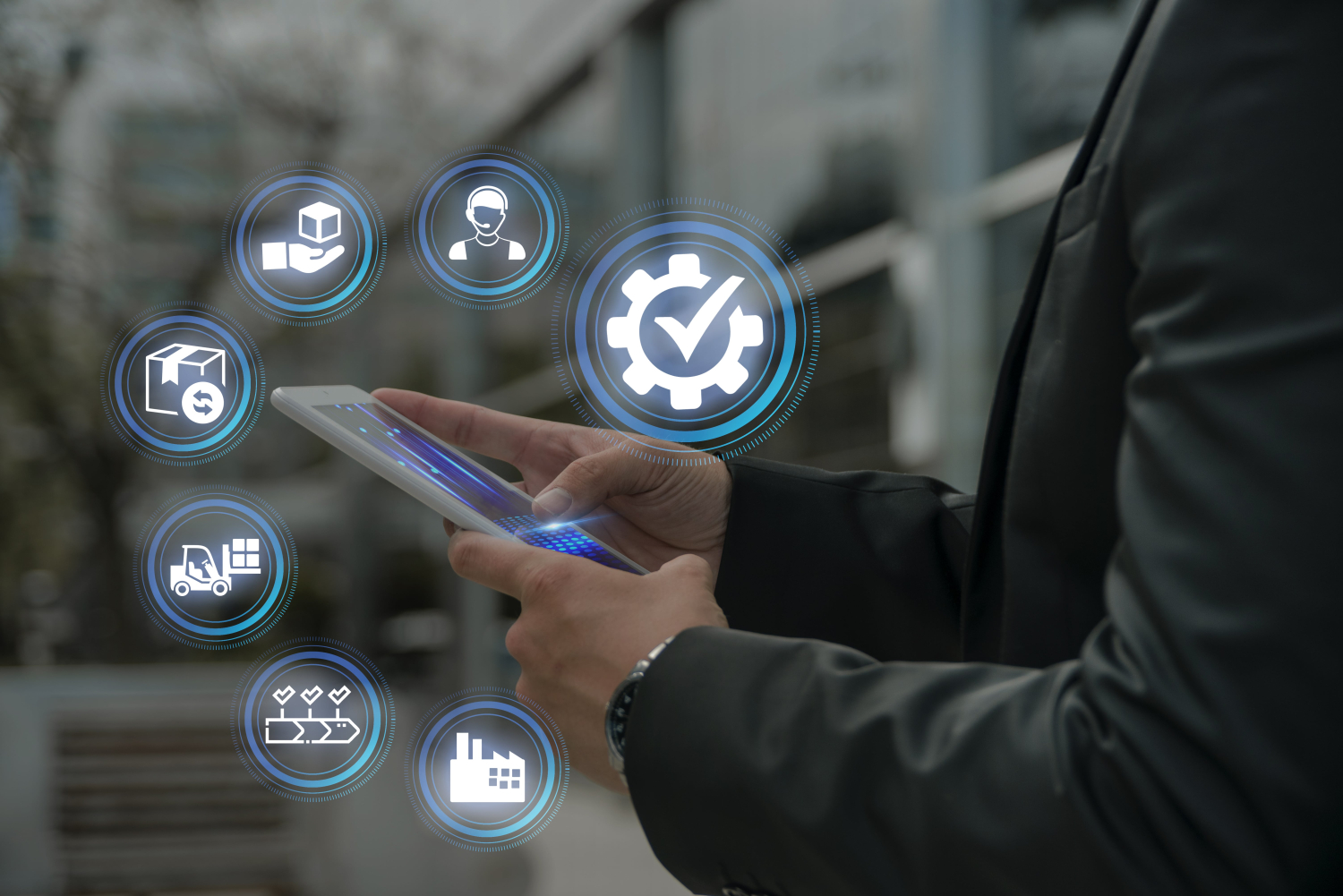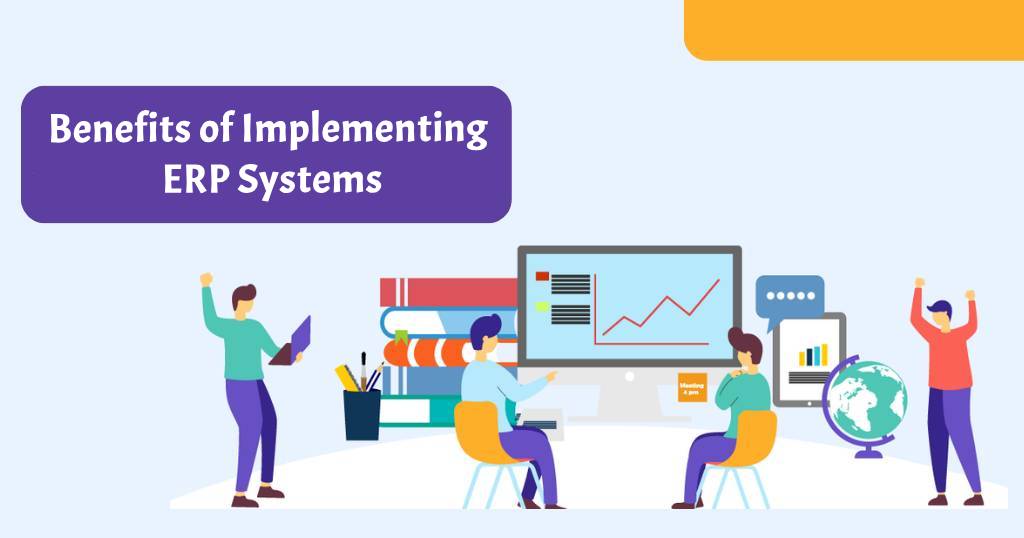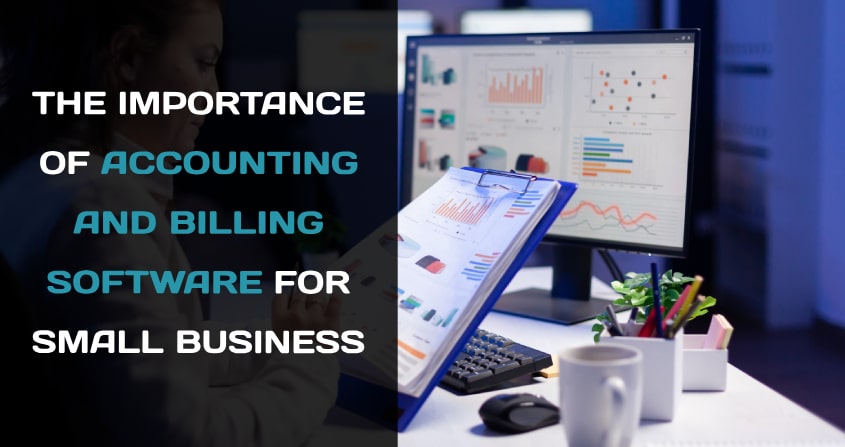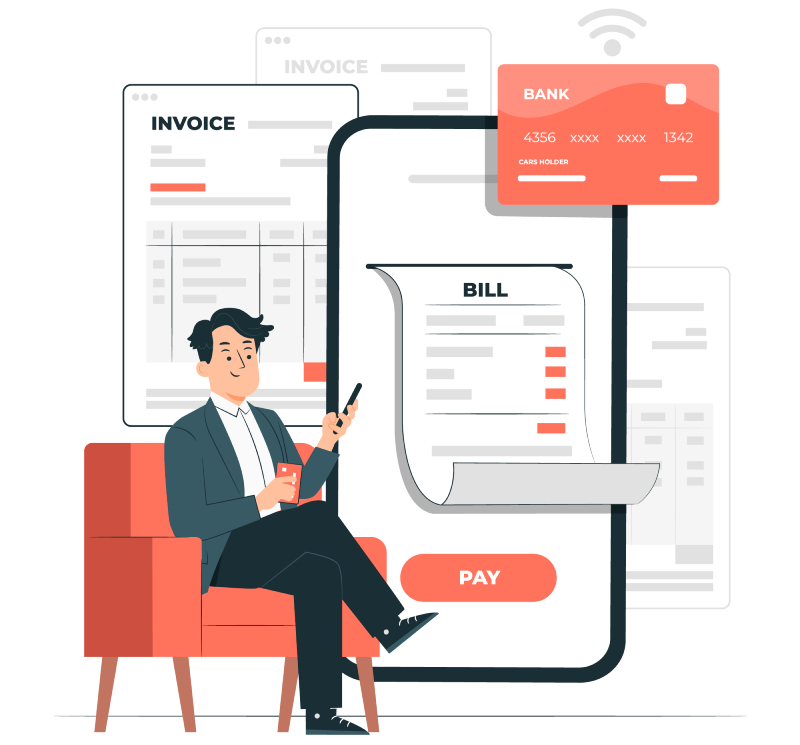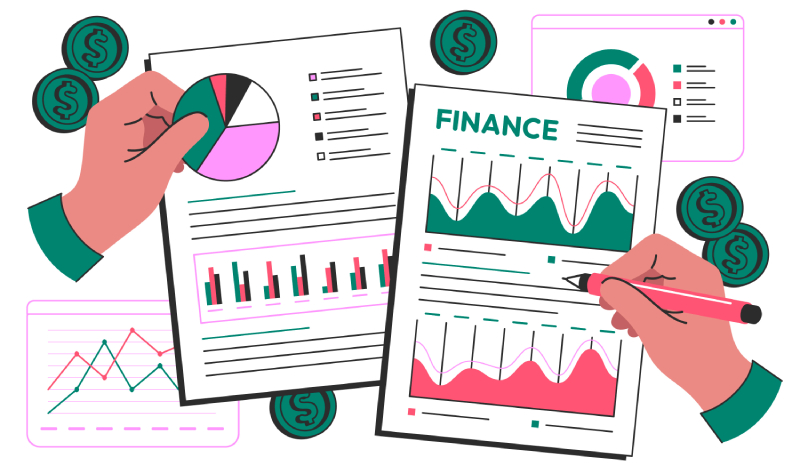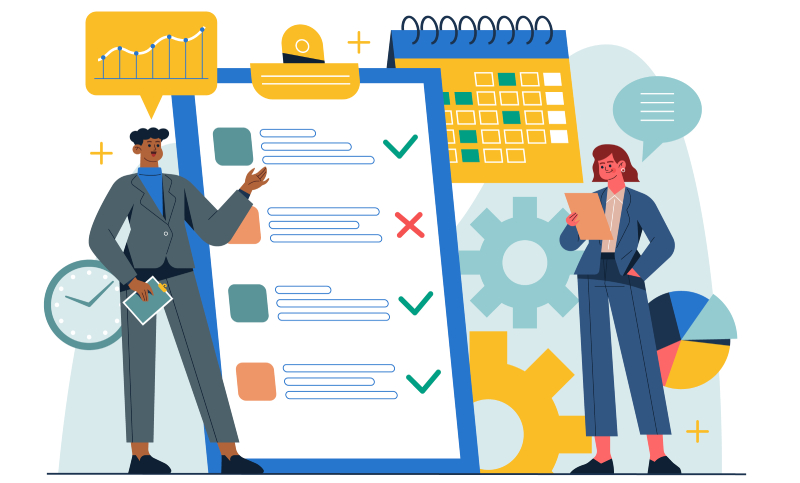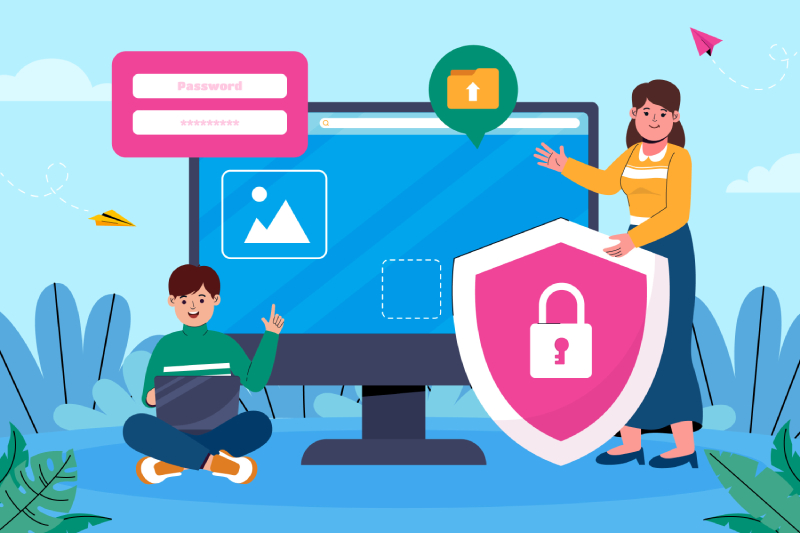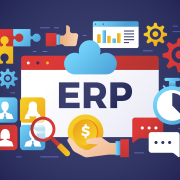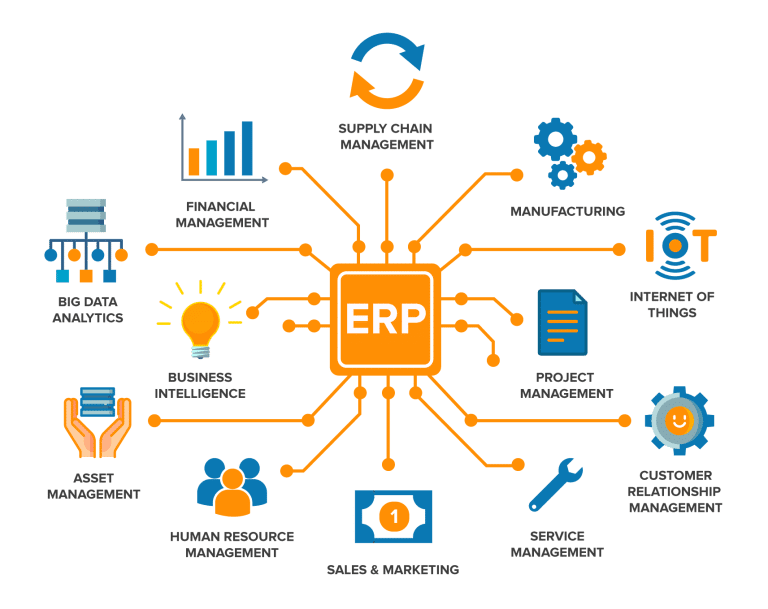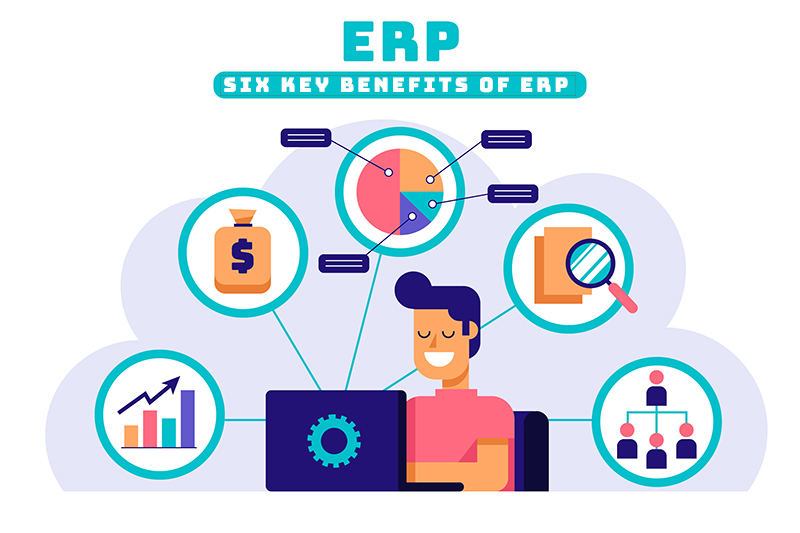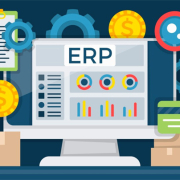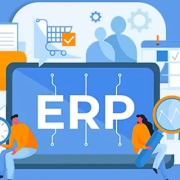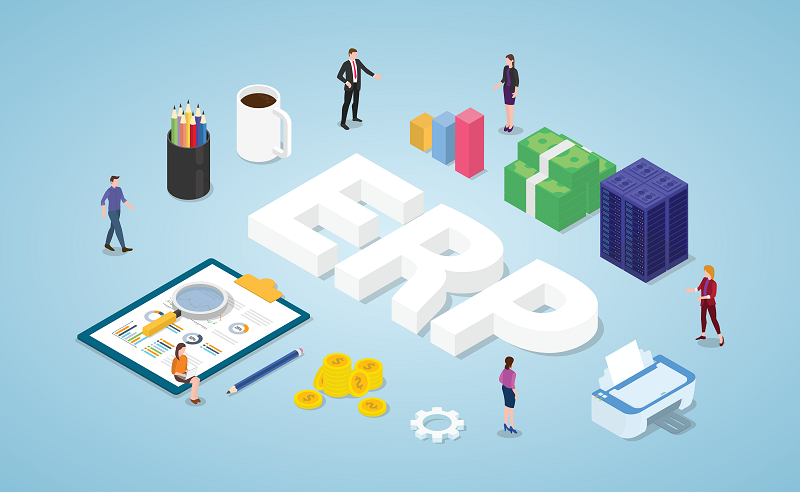Cloud ERP System vs On-Premise ERP: Which Is Right for Your Business?
Introduction
Choosing the right enterprise resource planning system (ERP system) is one of the most important technology decisions a business can make. ERP software sits at the core of your operations, managing everything from finance and HR to inventory, sales, and supply chain.
One of the biggest questions organizations face today is:
Should we choose a cloud ERP system or an on-premise ERP solution?
Both deployment models have advantages, but the right choice depends on your business goals, budget, IT capabilities, and growth plans. In this guide, we’ll break down the differences between cloud ERP and on-premise ERP, compare their features, costs, security, and scalability, and help you decide which option is best for your business.
What Is an ERP System?
An enterprise resource planning system is integrated business software that connects all major departments into a single platform. Instead of using different tools for accounting, HR, inventory, and sales, ERP software centralizes data and automates workflows to improve efficiency and accuracy.
Modern ERP systems are available in two primary deployment models:
- Cloud ERP System – Hosted online and accessed via the internet
- On-Premise ERP – Installed locally on company servers and managed internally
Understanding these two models is essential before making an investment.
What Is a Cloud ERP System?
A cloud ERP system is hosted on the vendor’s servers and delivered over the internet. Users access the software through a web browser, without needing to install or maintain hardware on-site.
Key Characteristics of Cloud ERP
- Subscription-based pricing (monthly or yearly)
- Automatic updates and feature enhancements
- Accessible from anywhere with an internet connection
- Vendor-managed infrastructure and security
- Easy scalability as your business grows
Cloud ERP has become the preferred choice for many modern organizations because it reduces IT burden and enables remote access.
What Is an On-Premise ERP System?
An on-premise ERP system is installed on your company’s own servers and maintained by your internal IT team. You purchase the software license and manage upgrades, security, and infrastructure.
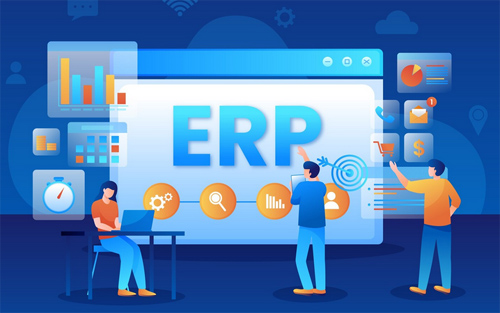
Key Characteristics of On-Premise ERP
- One-time license fee plus maintenance costs
- Full control over data and systems
- Customizable infrastructure
- Requires in-house IT resources
- Limited remote accessibility
On-premise ERP remains popular among organizations that require strict data control or operate in highly regulated industries.
Cloud ERP vs On-Premise ERP: Core Differences
Here’s a side-by-side comparison of the two models:
| Feature | Cloud ERP System | On-Premise ERP |
|---|---|---|
| Deployment | Hosted online | Installed locally |
| Initial Cost | Low upfront | High upfront |
| Maintenance | Handled by vendor | Managed internally |
| Updates | Automatic | Manual |
| Accessibility | Anywhere, anytime | Office-based |
| Scalability | Highly scalable | Limited |
| IT Requirements | Minimal | High |
| Security | Vendor-managed | Company-managed |
Cost Comparison: Which ERP Is More Budget-Friendly?
Cloud ERP Costs
Cloud ERP systems typically follow a subscription model. This includes:
- Software usage
- Hosting
- Updates
- Security patches
- Technical support
Advantages:
- Lower upfront investment
- Predictable monthly expenses
- No hardware costs
- No large IT team required
On-Premise ERP Costs
On-premise ERP usually involves:
- Software license fees
- Server hardware
- IT staff salaries
- Maintenance contracts
- Upgrade costs
Advantages:
- Long-term ownership
- No recurring subscription fees (but maintenance continues)
For most small and medium-sized businesses, cloud ERP is more cost-effective, especially in the early years.
Security: Is Cloud ERP Safe?
Security is often the biggest concern when considering a cloud ERP system. Many businesses assume on-premise solutions are safer, but this is not always true.
Cloud ERP Security
Reputable cloud ERP providers invest heavily in:
- Data encryption
- Firewalls and intrusion detection
- Regular security audits
- Disaster recovery and backups
- Compliance with international security standards
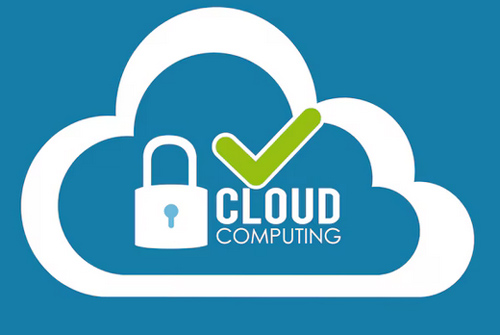
On-Premise ERP Security
With on-premise ERP, security depends entirely on:
- Your IT team’s expertise
- Infrastructure quality
- Backup systems
- Disaster recovery planning
In reality, most cloud ERP vendors offer stronger security than many businesses can provide on their own.
Scalability and Business Growth
Cloud ERP: Built for Growth
A cloud ERP system grows with your business. You can:
- Add users instantly
- Activate new modules as needed
- Expand to new locations without new infrastructure
This makes cloud ERP ideal for startups, growing businesses, and multi-location enterprises.
On-Premise ERP: Limited Flexibility
Scaling an on-premise ERP system often means:
- Buying new servers
- Upgrading infrastructure
- Hiring more IT staff
This can slow down growth and increase costs significantly.
Accessibility & Remote Work
Today’s workforce is more mobile than ever. Businesses operate across cities, countries, and time zones.
Cloud ERP Advantage
With a cloud ERP system:
- Teams access data anytime, anywhere
- Managers monitor performance remotely
- Employees use self-service portals
On-Premise Limitation
On-premise ERP usually requires:
- VPN access
- Office-based systems
- Limited mobile functionality
If remote work and global collaboration are important, cloud ERP is the clear winner.
Customization & Control
On-Premise ERP Strength
One reason some organizations prefer on-premise ERP is the level of control. You can:
- Customize deeply
- Modify databases
- Integrate niche systems
This suits businesses with highly specialized processes.
Cloud ERP Evolution
Modern cloud ERP systems now offer:
- Modular configurations
- API integrations
- Workflow customization
While deep system-level changes may still be limited, most businesses find cloud ERP customization more than sufficient.
Implementation Speed
Cloud ERP Implementation
- Faster setup
- No hardware installation
- Quicker user onboarding
- Reduced downtime
On-Premise ERP Implementation
- Longer deployment
- Infrastructure preparation
- Complex configuration
- Higher risk of delays
For companies that want quick ROI, cloud ERP systems are easier and faster to implement.
Compliance & Regulatory Considerations
Some industries must comply with strict data regulations.
When On-Premise ERP Makes Sense
On-premise ERP may be preferred if:
- Laws require data to remain on-site
- You operate in defense, government, or critical infrastructure
- You need full internal control over servers
Cloud ERP Compliance
Most cloud ERP providers now offer:
- Data residency options
- Compliance with GDPR, ISO, SOC, and other standards
- Industry-specific compliance tools
Always verify regulatory requirements before choosing a deployment model.
Which ERP System Is Right for Your Business?
Choose a cloud ERP system if you:
- Want lower upfront costs
- Need remote access
- Expect business growth
- Prefer automatic updates
- Want reduced IT responsibility

Choose an on-premise ERP system if you:
- Require strict data control
- Have strong in-house IT resources
- Need deep system-level customization
- Operate in highly regulated environments
For most modern businesses, especially small and mid-sized organizations, cloud ERP offers the best balance of cost, flexibility, and performance.
How Havteq Helps You Choose the Right ERP System
At Havteq, we understand that every business is unique. Our enterprise resource planning system solutions are designed to support both cloud-based and hybrid deployment needs.
With Havteq ERP software, you get:
- Modular ERP solutions tailored to your industry
- Cloud ERP systems for flexibility and scalability
- Secure infrastructure and compliance support
- Expert ERP implementation guidance
- Ongoing technical support
Whether you are moving from manual systems or upgrading from legacy software, Havteq helps you choose and implement the right ERP strategy for long-term success.
Final Thoughts
The decision between a cloud ERP system and an on-premise ERP solution is not about which is better overall—it’s about which is better for your business.
If you value flexibility, speed, and cost-efficiency, cloud ERP is likely the best fit. If your organization requires strict control and deep customization, on-premise ERP may still be the right choice.
Whichever path you take, investing in the right enterprise resource planning system will transform your operations, improve decision-making, and position your business for sustainable growth.

